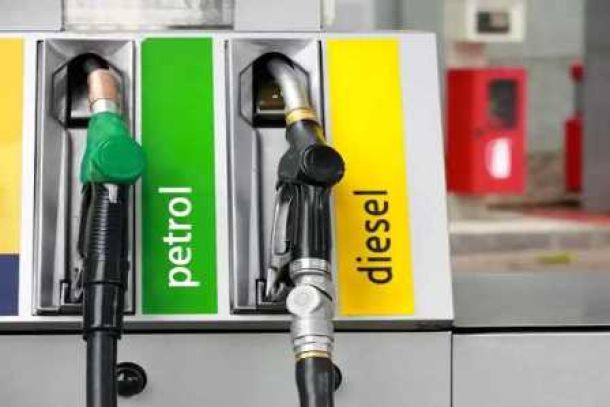Massive petrol price cut expected next week
The latest data from the Central Energy Fund points to a massive cut in the petrol price for motorists in May, which presents good news for some sectors of the economy due back at work beginning next week.
The data, compiled for 27 April, shows that petrol users can expect a cut of between R1.70 and R1.74 per litre in May, while diesel drivers could see a cut of between R1.46 and R1.51 per litre.
Fuel prices will be adjusted on Wednesday, 6 May.
This would come following a record price drop in April, which saw per-litre prices fall by almost R2.00, despite a 25 cents per litre increase in fuel taxes.
A second massive cut in the petrol price is on the cards due to continued pressure on international oil prices – which far outweighs pressure on the rand versus the dollar.
Global oil prices saw an unprecedented crash last week, dipping into negative numbers as oversupply of crude oil weighed on the market, and sellers looked to offload barrels to any place that could store them.
Because of the global coronavirus pandemic, demand for oil has dropped significantly. Oil producers refused to halt production in-line with this drop, or were slow in responding to it, leading to an excess supply.
While the negative oil price was brief, it served as a major warning to oil producers that the world is in a very different place regarding oil demand, with analysts saying that as long as supply outstrips demand, the value of oil will remain low.
Oil prices have since climbed again, settling between $10 and $20 a barrel, with storage capacity at around 70%.
This has reflected positively in the local fuel price calculation, with the shift in international petroleum prices pointing to a price cut of over R2.00 a litre.
However, this is somewhat balanced out by the rand/dollar exchange rate, with the local unit under pressure for most of the month – trading around R19.00/$.
The rand remains volatile, tracking the performance of most emerging markets as investors and traders seek more stable, less risky environments amid the market turmoil brought on by the coronavirus pandemic.
Numerous markets have had to partially shut down to prevent the spread of the virus, with lockdown measures announced in almost every country across the globe.
South Africa’s lockdown has hit particularly hard, keeping the rand under sustained pressure, with doubts cast over recovery, and concern over the funding sources for the proposed R500 billion stimulus package to reignite economic activity.
This is reflected negatively in the petrol price calculation, accounting for a 33 cents to 44 cents per litre increase in the price.
On balance, these are the expected changes:
- 95 Petrol: decrease of R1.74 per litre
- 93 Petrol: decrease of R1.70 per litre
- 0.05% diesel: decrease of R1.51 per litre
- 0.005% diesel: decrease of R1.46 per litre
- Illuminating Paraffin: decrease of R2.12 per litre
| Fuel (Inland) | April Official | May Expected |
|---|---|---|
| 95 Petrol | R13.96 | R12.22 |
| 93 Petrol | R13.76 | R12.06 |
| 0.05% Diesel (wholesale) | R12.69 | R11.18 |
| 0.005% Diesel (wholesale) | R12.73 | R11.27 |
| Illuminating Paraffin | R6.72 | R4.60 |
News Category
- International retailers
- On the move
- Awards and achievements
- Legislation
- Wine and liquor
- Africa
- Going green
- Supplier news
- Research tools
- Retailer trading results
- Supply chain
- Innovation and technology
- Economic factors
- Crime and security
- Store Openings
- Marketing and Promotions
- Social Responsibility
- Brand Press Office
Related Articles

Good signs for petrol prices in South Africa

Eskom wants to hike electricity prices by up to...

Big petrol price drop tipped for July

Fuel price cuts bigger than expected




